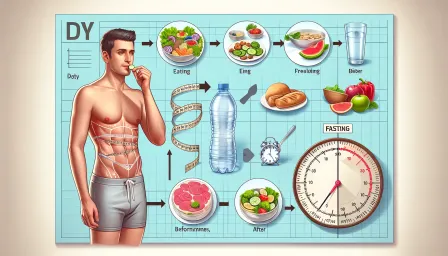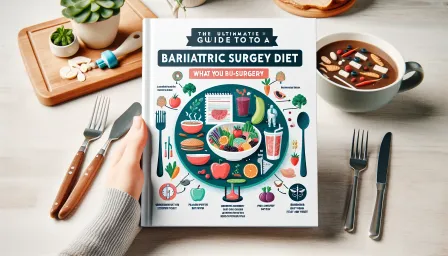Low-Carb Diet for Vegetarians: A Comprehensive Guide to Healthy Eating

A detailed guide for vegetarians looking to follow a low-carb diet, including tips on suitable food choices, nutritional benefits, and practical meal planning strategies.
Introduction
Embarking on a low-carb diet as a vegetarian might seem challenging due to the reliance on carbohydrates in most plant-based diets. However, with a well-thought-out approach and dedication, achieving this balance is possible. This guide provides an in-depth look at how vegetarians can adopt a low-carb diet while ensuring they meet their nutritional needs.
Understanding a Low-Carb Diet
A low-carb diet involves reducing the intake of carbohydrates, primarily found in sugary foods, pasta, and bread, in favor of protein, healthy fats, and leafy vegetables. This eating plan is known for promoting weight loss, improving blood sugar levels, and enhancing metabolic health.
Benefits of a Low-Carb Diet
- Weight Loss: Low-carb diets can help regulate appetite and enhance fat loss.
- Blood Sugar Control: Beneficial for maintaining stable blood sugar levels.
- Improved Metabolic Health: Can lead to better insulin sensitivity and lipid profiles.
Challenges for Vegetarians
The primary challenge for vegetarians on a low-carb diet is finding suitable protein sources and maintaining variety in their meals. Traditional vegetarian staples like grains, legumes, and root vegetables are generally high in carbohydrates, so alternatives are necessary.
Planning a Low-Carb Vegetarian Diet
Protein Sources
Finding adequate protein is crucial. Consider the following options:
- Tofu and Tempeh: High in protein and can be used in various dishes.
- Eggs: A versatile source of complete protein.
- Greek Yogurt: Provides protein and probiotics.
- Cheese: Offers protein but should be consumed in moderation.
- Plant-Based Protein Powders: Can be used in smoothies and meals.
Fats and Oils
Incorporate healthy fats and oils to maintain energy levels:
- Avocados: Rich in healthy monounsaturated fats and fiber.
- Nuts and Seeds: Almonds, chia seeds, and flaxseeds are excellent choices.
- Olive Oil and Coconut Oil: Ideal for cooking and dressings.
Vegetables
Choose low-carb vegetables that are nutrient-dense:
- Leafy Greens: Spinach, kale, and collard greens are low in carbs.
- Cruciferous Vegetables: Broccoli, cauliflower, and Brussels sprouts.
- Zucchini and Bell Peppers: Low in carbs and versatile.
Practical Meal Planning
Breakfast Options
- Scrambled Eggs with Spinach and Cheese
- Greek Yogurt with Chia Seeds and Berries
- Tofu Scramble with Peppers and Onions
Lunch Ideas
- Kale Salad with Avocado, Nuts, and Olive Oil Dressing
- Zucchini Noodles with Pesto and Grilled Tofu
- Egg Salad Lettuce Wraps
Dinner Suggestions
- Stuffed Bell Peppers with Cauliflower Rice and Cheese
- Tempeh Stir-Fry with Broccoli and Soy Sauce
- Vegetable Frittata with Mixed Greens
Snack Options
- Almonds and Walnuts
- Sliced Cucumbers with Hummus
- Cheese Sticks
Conclusion
Following a low-carb diet as a vegetarian can be both rewarding and challenging. By carefully choosing protein sources, incorporating healthy fats, and including an array of low-carb vegetables, you can successfully navigate this dietary approach. Remember to plan your meals thoughtfully and consult with a healthcare professional to ensure your nutritional needs are met. With dedication and the right strategies, a low-carb vegetarian diet can lead to improved health and well-being.



























